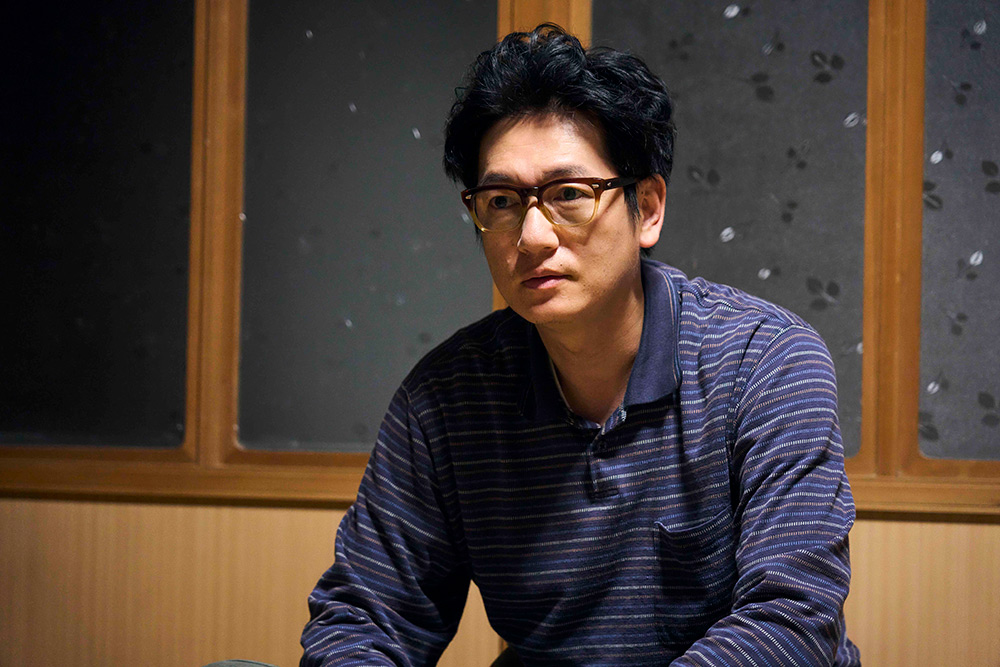!["Kokoro Amiko" Director Yusuke Morii "Just talk" without acting [Director's Interview Vol.222]](https://cinemore.jp/images/ac189466158d643832c2e07f6afa5445bc8fb7ac1af2866f6d2f44af2595178c.jpg)
"Kokoro Amiko" Director Yusuke Morii "Just talk" without acting [Director's Interview Vol.222]
I don't teach acting.
Q: The parents are played by Arata Iura and Machiko Ono. How did you direct the two adult characters?
Morii: I didn't direct the two of them. I think the atmosphere and environment of the place is the most important thing for the actors. This time, the story revolved around Amiko, so both of them understood the atmosphere and acted accordingly. I trusted that, so I didn't say too many details. It felt like I was just telling you about the movements.
Q: I've seen Arata Iura play a father in other movies, but this one is subtly different from the father roles he's played up until now, and yet the impression it leaves is completely different. It was really good.
Morii: That's right. Arata-san was really nice. This time, in order to keep Kazuna from getting bored, there were many times when I suddenly held up the camera and said, ``I'm going to start shooting now!'' without even rehearsing. You did a great job under such circumstances.

“This is Amiko” ©2022 “This is Amiko” Film Partners
Q: How did director Morii learn to give acting to (amateur) actors?
Morii: To be honest, I don't understand things like acting guidance. I may not be teaching acting. If acting instruction is about bringing out something from the children, I don't bring it out. I didn't do something like, "I want to see your ○○ feelings, but they haven't come out yet!" In fact, they've already come out. By the time the children are standing there, they are already out, and it is important to figure out how not to miss any shots of them.
In the end, I think most of the decisions are made at the casting stage. It was because of those kids that we were able to take pictures like this one. I don't think there's much point in saying "I want to see your core side!" on set.
The rest is the structure of the movie. I need to create something like the rhythm of a movie, and I understand that very well. When I was working with director Tatsushi Omori as an assistant director, I was present all the way through the editing process, which was a big factor. I was thinking about how the pieces would be connected while shooting, so I was careful about the rhythm.
Q: Is it the rhythm of that scene or the overall rhythm?
Morii: It's both. Before shooting, I carefully consider whether or not the rhythm of the scene and cut will match the overall rhythm, including the cuts before and after. It's a very specific task, but I think all directors do it.
Q: Keeping the overall rhythm in mind, create the rhythm of the scene in front of you. It's quite a difficult task.
Morii: That's right. I think it's difficult. If there is even the slightest gap within yourself, there is a possibility that it will collapse. However, this time I really loved the original work, so the experience I had when I read it was solidified within me. So if you're in doubt, just ask yourself. When I followed my own opinions, I was able to find a rhythm relatively smoothly.

